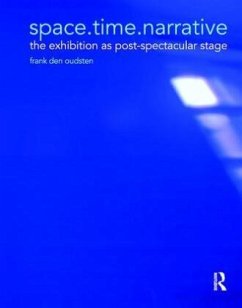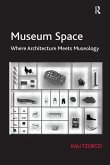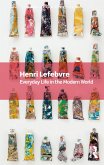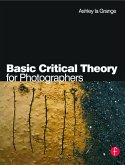Making exhibitions is a collaborative art, producing is a multi-layered unity of ideas and objects, of invention and manifestation, of content and form. However, there is an antagonistic dimension to it, because content and form are traditionally represented by the entirely different realms of curator and designer. Future successful developments in exhibition-making are dependent on whether this gap of antagonism can be bridged. space.time.narrative calls for a paradigmatic shift of focus. It puts forward a unique approach, breaking down traditional barriers and offering a wide-ranging theoretical context, redefining and expanding the parameters and the dynamics of the exhibition-format in terms of an open, narrative environment, which at its roots displays deep similarities with performance on stage, or installation in urban and rural space. The book breaks new ground by looking at the exhibition as a cultural format firstly within a great sweep of the arts in general, weaving a web of philosophical, museological, linguistic and media-theoretical references, which expands the contextual field of the profession. It then offers unique and important insights from within, in extreme close-up, by bringing together interviews with six of the leading exhibition designers who discuss the dynamics of the medium, its interactive dimensions, the soft parameters of the exhibition, and how to get to grips with the format as a complex narrative space, in which the public takes part. Curator and designer should reposition themselves professionally at the heart of the axis, which divides (or connects) content and form.
'This book breaks new ground by looking at the exhibition as a cultural format, firstly within a great sweep of the arts in general, weaving a web of philosophical, museological, linguistic and media theoretical references, which expands the contextual field of the profession.' Lonaard Magazine








